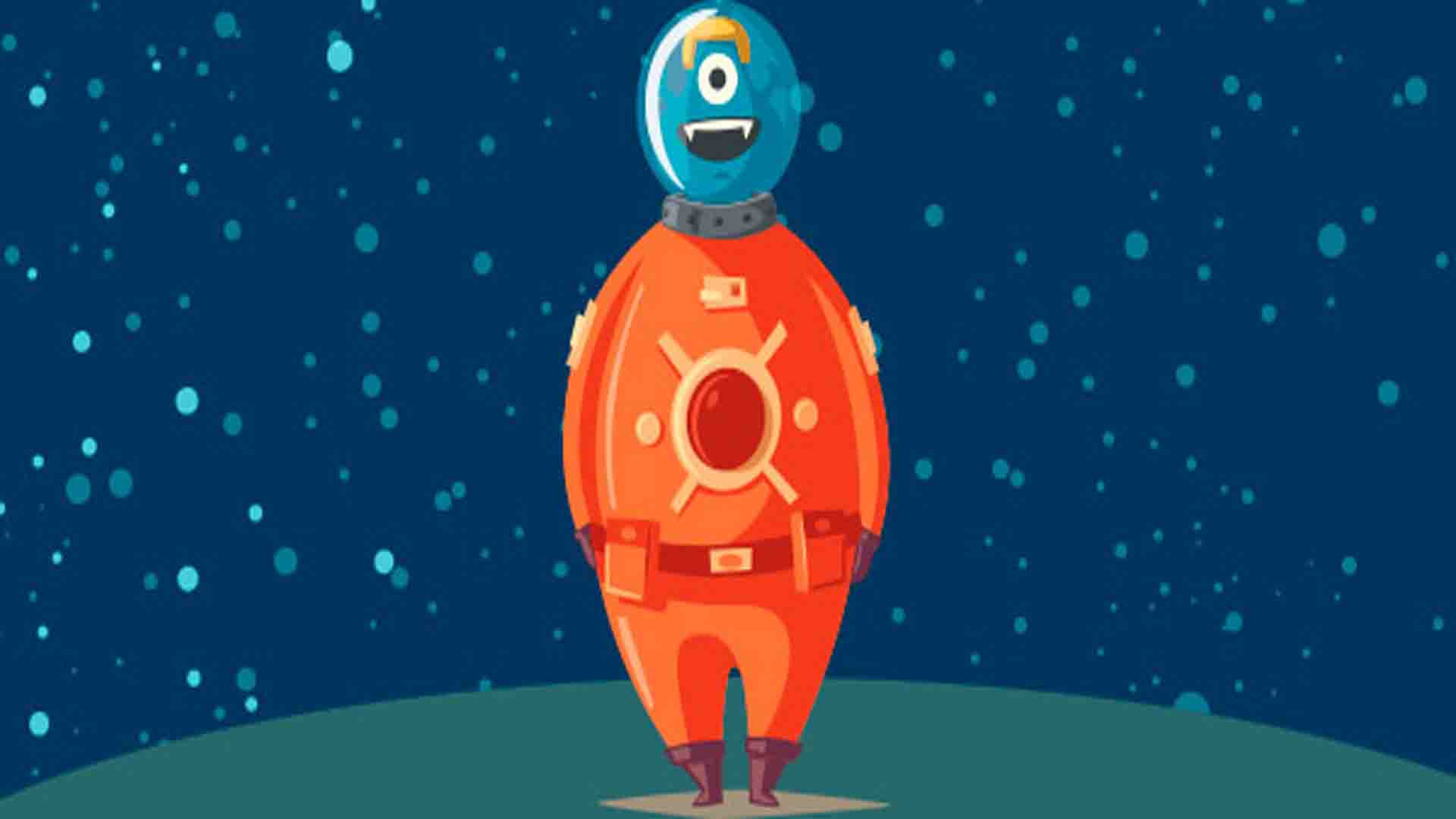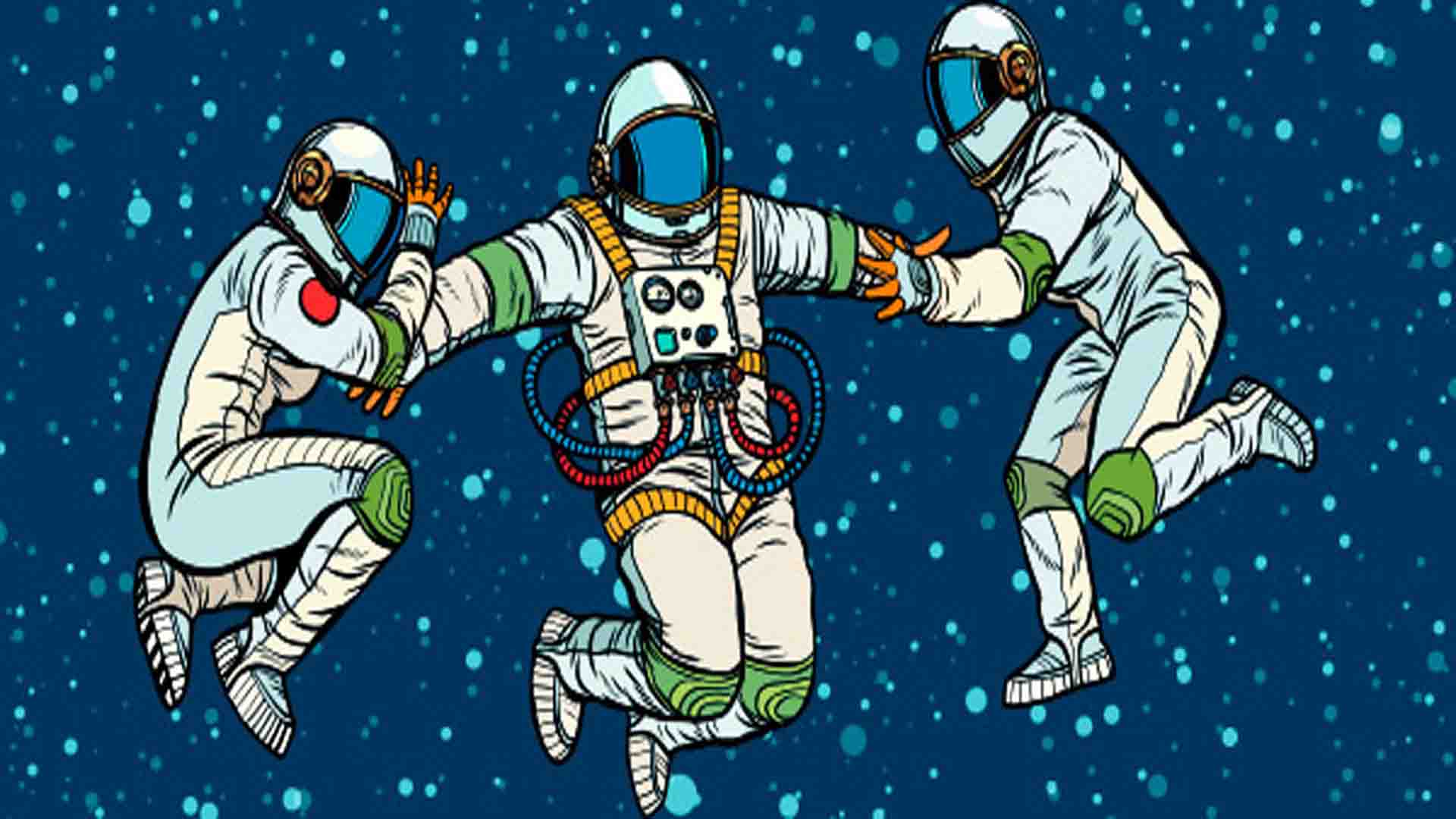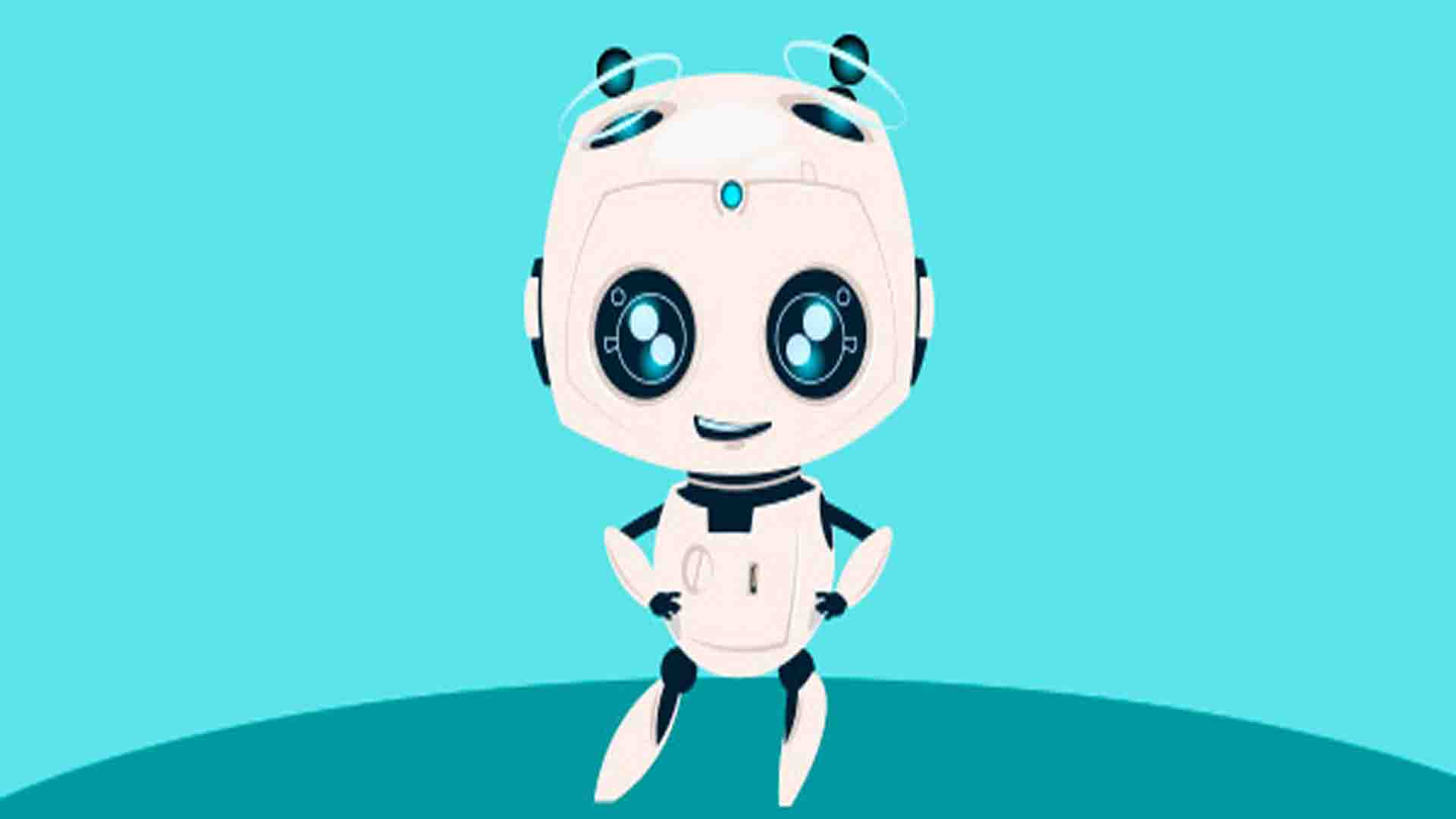Science Fiction Stories for Kids
The short sci-fi stories for kids and young people are based on dystopian futures with incredible technological advances and beings from far away strange planets. This genre of fantasy literature is ideal for developing kid’s imaginations, so we present you this special dedicated to Sci-Fi.
This type of futuristic stories has a series of characteristics that define it as a whole genre within literature, cinema or series, so that you can deepen your knowledge of the stories of robots, aliens and trinkets of alien technology.
Characteristics of science fiction stories
Between interstellar travel and genetic mutations, there are a series of guidelines that every science fiction story tends to keep in mind in one way or another:
Super developed technology
Spaceships, reduction weapons, time machines … The most characteristic of the futuristic narrative is that they have vehicles and devices from another galaxy, as well as different useful tools such as time machines, humanoid robots or incredibly powerful laser beams.
Very short science fiction stories
The most outstanding characteristic of science fiction stories is that, unlike novels, their length is much smaller. But no less important, since the intensity and impact that the recreation of a frenetic adventure in an unknown world can have is just as fun as in a long novel.
Invented worlds, but possible
All the stories have a scientific basis of greater or lesser rigor. Based on reality, planets and atmospheric or biological situations can be invented that could be real, thus they end up being credible … If you find yourself on a planet with flying trees because its gravity is different from that of the earth, or you are in a market where the one who takes care of you is yellow with a single eye and nine arms … It has to have a foundation.
Many authors of Science Fiction stories put within the descriptions, scientific arguments of why the world in which the characters are behaves in that certain way. If there is a scientific basis behind it, however “permissive” it may be with the theory, it makes us see that environment that they describe us much more “real”.
Premonitory or with a didactic approach
Flying cars, communication devices or boxes with screens … In the end, many of the strange inventions that were read in the stories of the 18th and 19th century have ended up being reality … Who could have thought that the Internet or mobile phones would exist?
Another highlight of many of these stories is that they try to “educate” in certain aspects and values, showing where we can go if today’s society does not redirect its attitude … For example, hyper-polluted planets, acid rain and toxic gases everywhere . Mutations, extinct species or sterile territories where it is impossible to grow anything.
That in terms of ecology, but the social aspect is not much better off … Authoritarian and corrupt governments that oppress and discriminate, guarded and suspicious societies … We see it in most of the best-known stories … This type of scenario is ideal to raise a good story, but they also serve the author to give his point of view and warn the reader of the path that today’s society is heading.
Short science fiction stories What types are there?
It seems like a very specific genre, but if we analyze calmly, we find that it is easy to make a classification based on a series of patterns that we frequently see in these types of narratives:
Horror Science Fiction Tales
Perhaps it is the most common, at least in terms of the stories that are later adapted to the cinema. An alien bug that terrorizes a city, a plague of extraterrestrial insects that hides inside the sewers, a Martian virus that mutates the staff … These are scary stories, but with that nostalgic touch that reminds us of eighties movies.
With aliens
The second classic, which should be there whenever we talk about this genre, is the alien section. If there is no alien race threatening the integrity of humans, it is not the same.
The good thing about creating these characters is that they allow the imagination of the little ones to develop to unsuspected limits. Gone are the Martians with green faces and oval eyes that moved their antennae … Now we find very sophisticated alien races, where the kid can enjoy detailed descriptions and let his imagination run wild.
Sci-fi tales of robots
Futuristic technology cannot be lacking in the field of scenery, as well as robots that have human behaviors. Perhaps it is one of the most used themes (along with aliens) since a dystopian futuristic society, in which humans and robots coexist, gives a lot of play. Especially when the second revolts and wants to subdue the first … We have all the ingredients for a good story.
If you like experiments, Science Fiction stories are the perfect setting to delight yourself with invented chemical elements, explosions and alterations of the genome. Of course, keep in mind that most scientific facts that are exposed in a fictional story are usually a lie, since they do not have any type of relationship with reality.
On the contrary, there are many assumptions that are based on a possible parallel relationship to events that we already know occur, such as black holes or chemical reactions that have a real foundation, to which some fantasy is added.
With zombies
A sinister underground laboratory, a secret society, an experiment gone awry and… Boom! We already have a mutant virus that turns the population into zombies … Be careful, it spreads through the air and only a few individuals have survived the pandemic. The perfect plot to present a good story.
Famous authors of the genre
There are undoubtedly two writers who have marked the origin of this genre:
Jules Verne Tales
Without a doubt he is one of the fathers of Science Fiction literature, Jules Verne predicted in his works with astonishing precision many inventions that have appeared throughout the 20th century (television, helicopters, submarines …)
Some of his best known works are:
Twenty thousand leagues of underwater travel
Journey to the Center of the Earth
The mysterious Island
Isaac asimov
In addition to being a writer, he was a professor of biochemistry with a great knowledge of natural sciences. He wrote many works, both literary and popular science, in addition to “The three laws of robotics” a treatise on rules that the robots in his stories had programmed into their “brain”.
The three laws of robotics
A robot will not harm a human being or, through inaction, allow a human being to be harmed.
A robot must comply with the orders given by human beings, except for those that conflict with the first law.
A robot must protect its own existence to the extent that this protection does not conflict with the first or second law.





